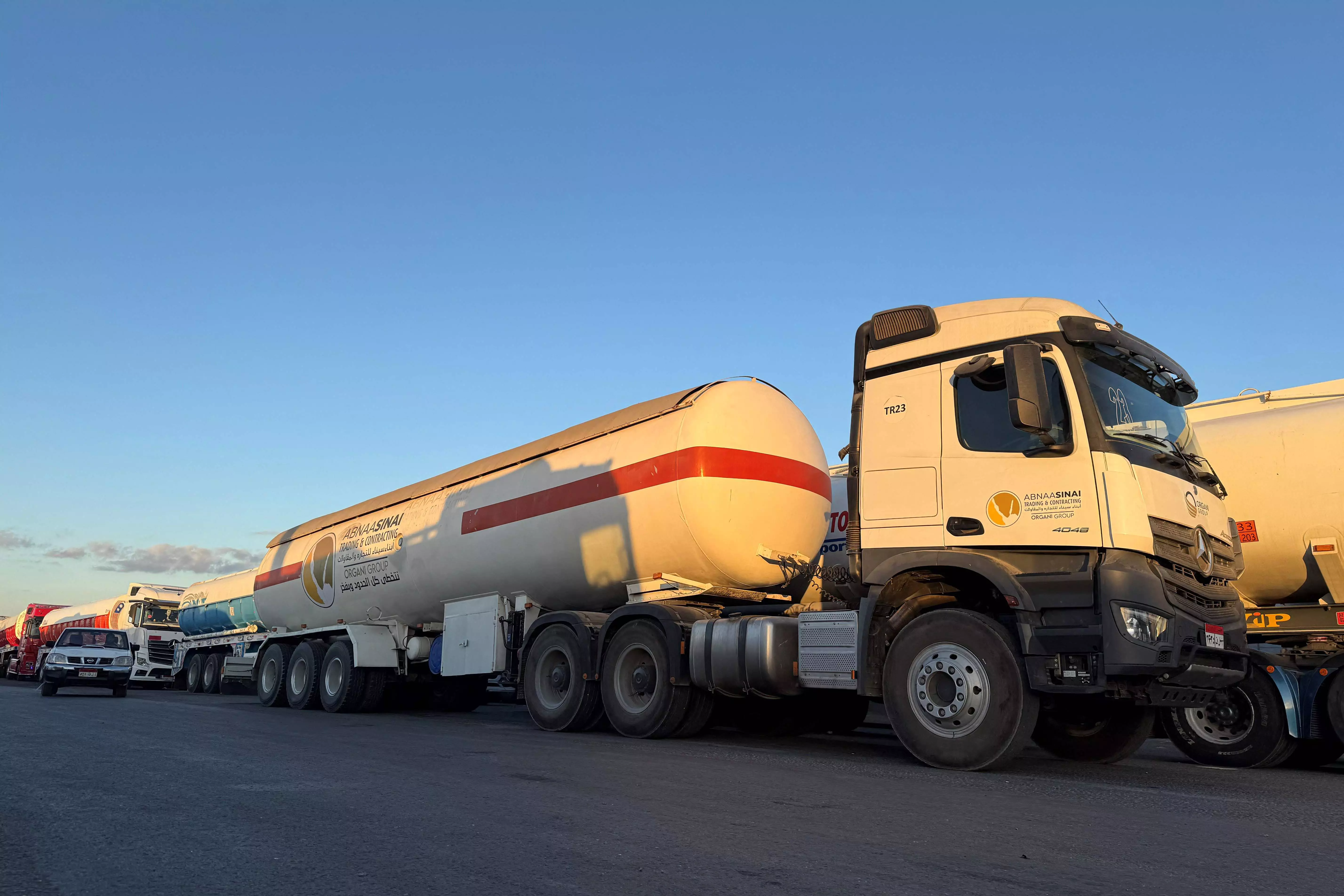Last Updated:
The Islamist group Hayat Tahrir al-Sham launched an offensive in Syria’s Aleppo, the biggest flare-up in the civil war since 2020.

Vehicles burn after an airstrike against opposition fighters in Syria’s Aleppo. (AP)
After a major attack led by the Islamist group Hayat Tahrir al-Sham in the Syrian city of Aleppo, Russia’s Defence Ministry said its air force carried out strikes in support of President Bashar al-Assad and the Syrian Army, according to Russian news agencies.
The attack was the fiercest rebel attack in Syria in years after a civil war forced the front lines to remain frozen since 2020, becoming the biggest challenge for the Army as well as President Assad. However, the Army has prepared a counterstrike, with airstrikes targeting rebel gatherings and convoys patrolling the city.
The Russian Center for Reconciliation of the Opposing Parties in Syria said the Army supported by the Russian air force launched missile strikes on gathering areas, controls and positions of the insurgents, killing more than 300 rebel soldiers, TASS News Agency reported.
The rebels also took control of Aleppo airport, according to a statement by their operations room and a security source. Two rebel sources also told Reuters that the insurgents had captured the city of Maraat al Numan in Idlib province, bringing all of that area under their control.
Notably, Assad is a close ally of Russia, while the rebelling Hayat Tahrir al-Sham, once known as the Nusra front, is designated a terrorist group by the United States, Russia, Turkey and other states. The Islamist group penetrated the heart of the Aleppo city earlier this week in a surprise attack, causing the ongoing chaos.
ALSO READ: Syria’s Aleppo No Longer In Control Of Assad Govt For First Time As Insurgents Sweep City
Aleppo Offensive: When It All Began?
The rebel offensive began on Wednesday, becoming the first major attack in years between the Syrian opposition and the regime of President Bashar al-Assad, who has ruled the war-torn country since 2000. Assad is currently in Russia, where he is visiting his ailing wife.
The insurgents seized several towns and villages along the way, blew up vehicles and clashed with government forces. Some people were killed after projectiles from insurgents struck several facilities, including Aleppo’s university.
Aleppo had been a critical battleground in the Syrian civil war and is located about 350 km north. Once Syria’s largest city, Aleppo had been firmly held by the government since a 2016 victory, when Russia-backed Syrian forces entered and laid waste to rebel-held eastern areas there.
Acknowledging the rebel advance, the Syrian army command said insurgents had entered much of Aleppo. The Syrian military command said militants had attacked in large numbers and from multiple directions, prompting “our armed forces to carry out a redeployment operation aimed at strengthening the defence lines in order to absorb the attack, preserve the lives of civilians and soldiers”.
Why Is This Attack Significant?
The fighting has raised the prospect of another violent front reopening in West Asia, at a time when US-backed Israel is fighting Hamas in Gaza and Hezbollah in Lebanon, both Iranian-allied groups. It is the most intense fighting in northwestern Syria since 2020, when government forces seized areas previously controlled by opposition fighters.
With Assad backed by Russia and Iran, and Turkey supporting some of the rebels in the northwest where it maintains troops, the offensive has brought focus to the geopolitical ramifications of these decades-old conflict. Fighting in northwest Syria had largely ceased following a de-escalation agreement between Russia and Turkey in 2020.
The United States has about 900 troops in northeast Syria, far from Aleppo, to guard against a resurgence by the Islamic State. Both the US and Israel have conducted occasional strikes against government forces and Iran-allies militias. However, Washington has denied involvement in the ongoing rebel offensive in Aleppo.
Sean Savett, the spokesperson of the US National Security Council, said Syria’s refusal to engage in a political process and its reliance on Russia and Iran had created the current conditions, “including the collapse of Assad regime lines in northwest Syria.” He said the US had nothing to do with the offensive led by “a designated terrorist organisation” and urged de-escalation.
Iranian Foreign Minister Abbas Araqchi told Lavrov in a phone call that the rebel attacks were part of an Israeli-US plan to destabilise the region, Iranian state media said. The opposition fighters have said the campaign was in response to stepped-up strikes in recent weeks against civilians by the Russian and Syrian air forces in areas of Idlib province.
(with inputs from agencies)
- Location :
Damascus, Syria





